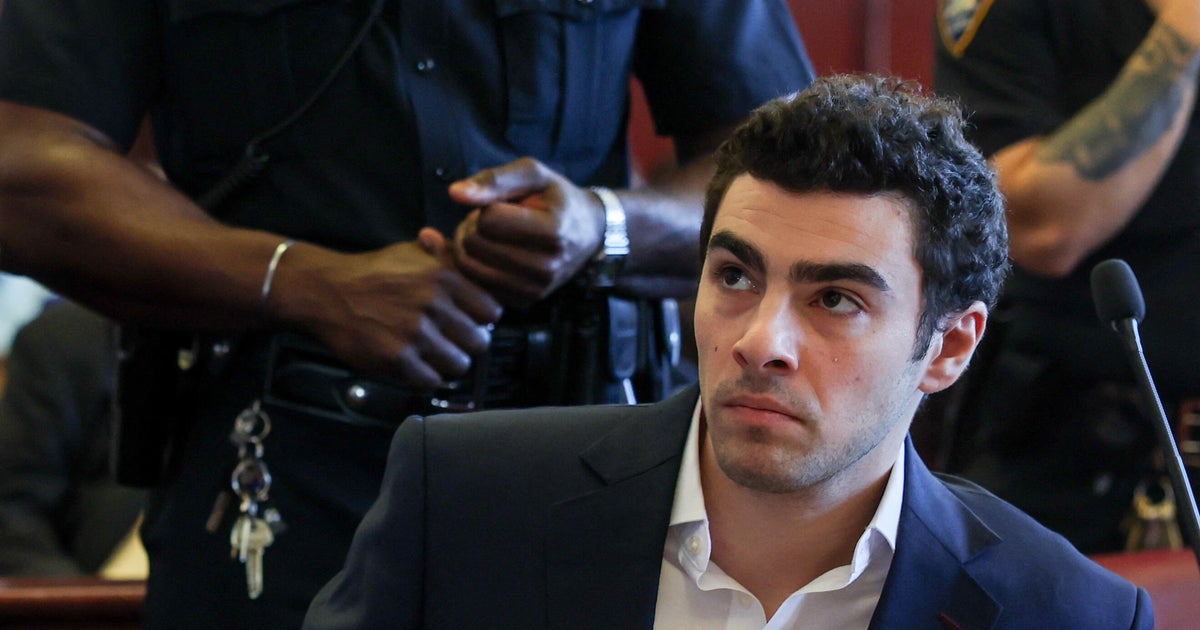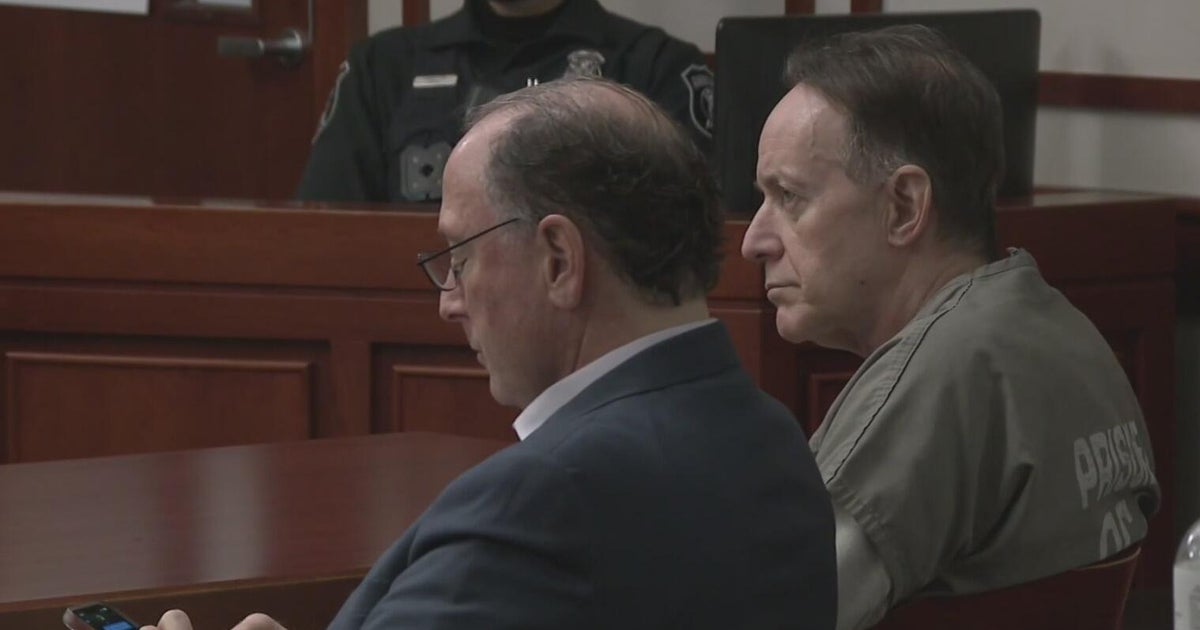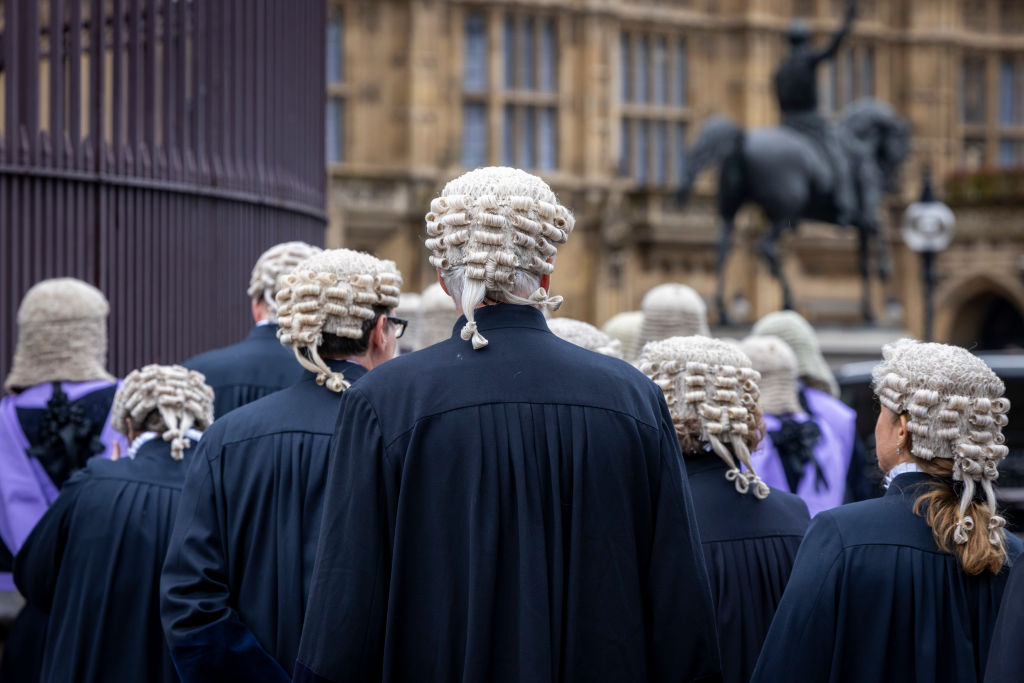Judge to hear arguments in Roman Polanski case
LOS ANGELES -- A judge is scheduled to hear new arguments from Roman Polanski’s lawyer about why the fugitive director’s long-running underage sex case should be drawn to a close.
Polanski’s lawyer has asked a judge to unseal testimony in the case, and also signal whether the Oscar winner would face any additional time if he were to return to Los Angeles for sentencing in the fugitive director’s unlawful sex with a minor case. Prosecutors argue Polanski, who fled on the eve of sentencing in 1978, must return to a Los Angeles courtroom for the case to be resolved.
Monday’s hearing will be the first one in Polanski’s criminal case in seven years. It features an entirely new set of eyes on the case: It is the first time Judge Scott Gordon, prosecutor Michele Hanisee and Polanski’s attorney Harland Braun will convene for a hearing. The trio met in Gordon’s chambers in November, but a transcript of the discussion was sealed.
The case dates back to 1977, when Polanski plied a 13-year-old girl with champagne and half a sedative before raping her at Jack Nicholson’s house. The victim has said she forgives the director and believes the case should end.
Polanski has long contended he is the victim of judicial misconduct because a now-deceased judge in the case suggested in private remarks that he would renege on a plea bargain and sentencing agreement that called for no more time behind bars for the director.
Since fleeing, Polanski’s movements have been restricted to his native Poland, France and Switzerland. Both Poland and France have rejected bids by U.S. authorities to extradite Polanski. The “Chinatown” director spent more than 300 days in jail and on house arrest during the Swiss proceedings.
Polanski’s lawyer contends that time is enough to warrant Polanski being sentenced to time served. Hanisee, however, wrote in a court filing last week that Polanski is “once again, trying to dictate the terms of his return without risk to himself.”
Both sides agree that Polanski’s case has a bizarre legal history, although Braun attributes that to judicial misconduct while Hanisee attributed much of the recent drama to the director’s “repeated requests ... for secret hearings and special treatment.”



